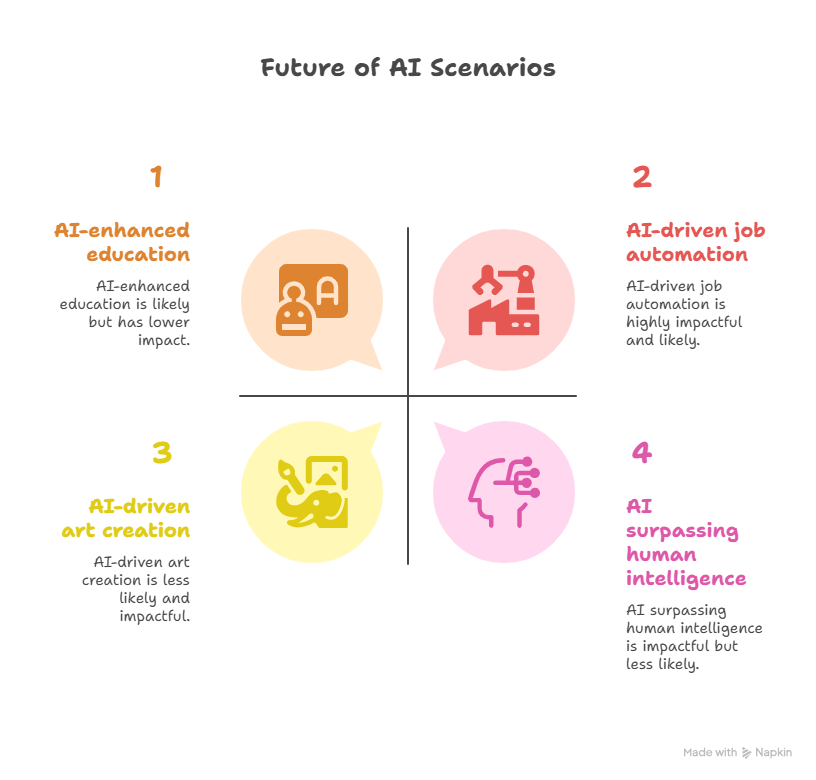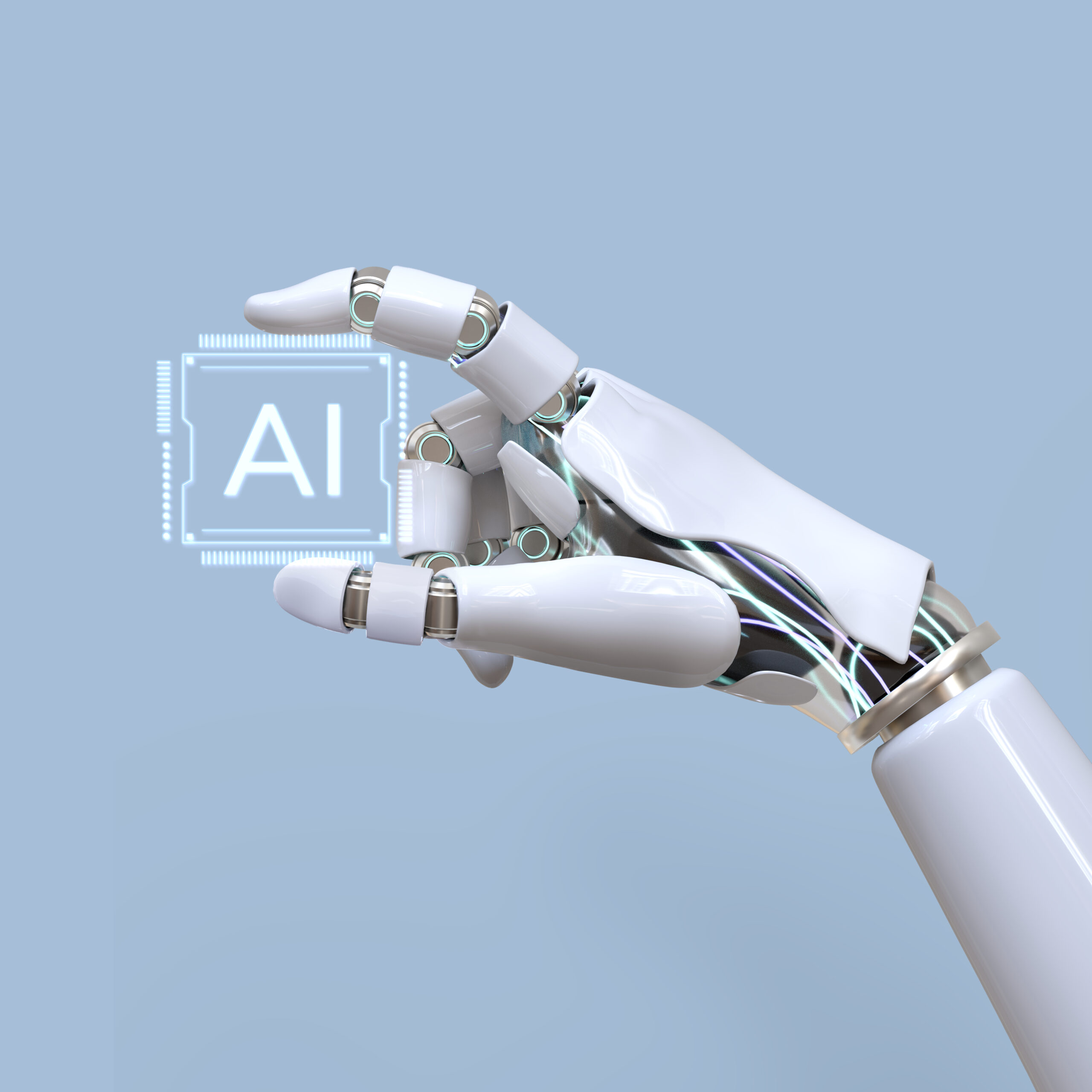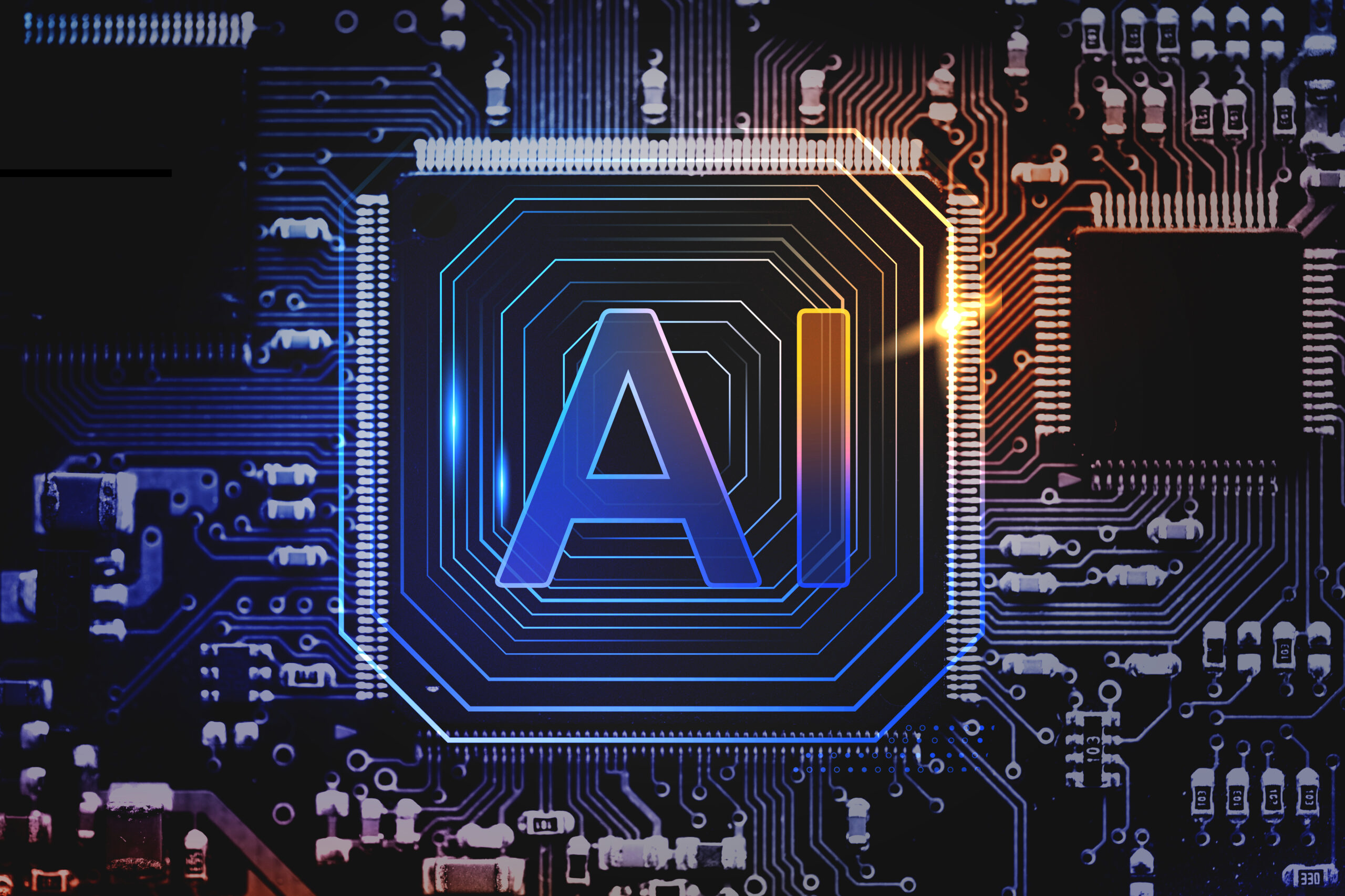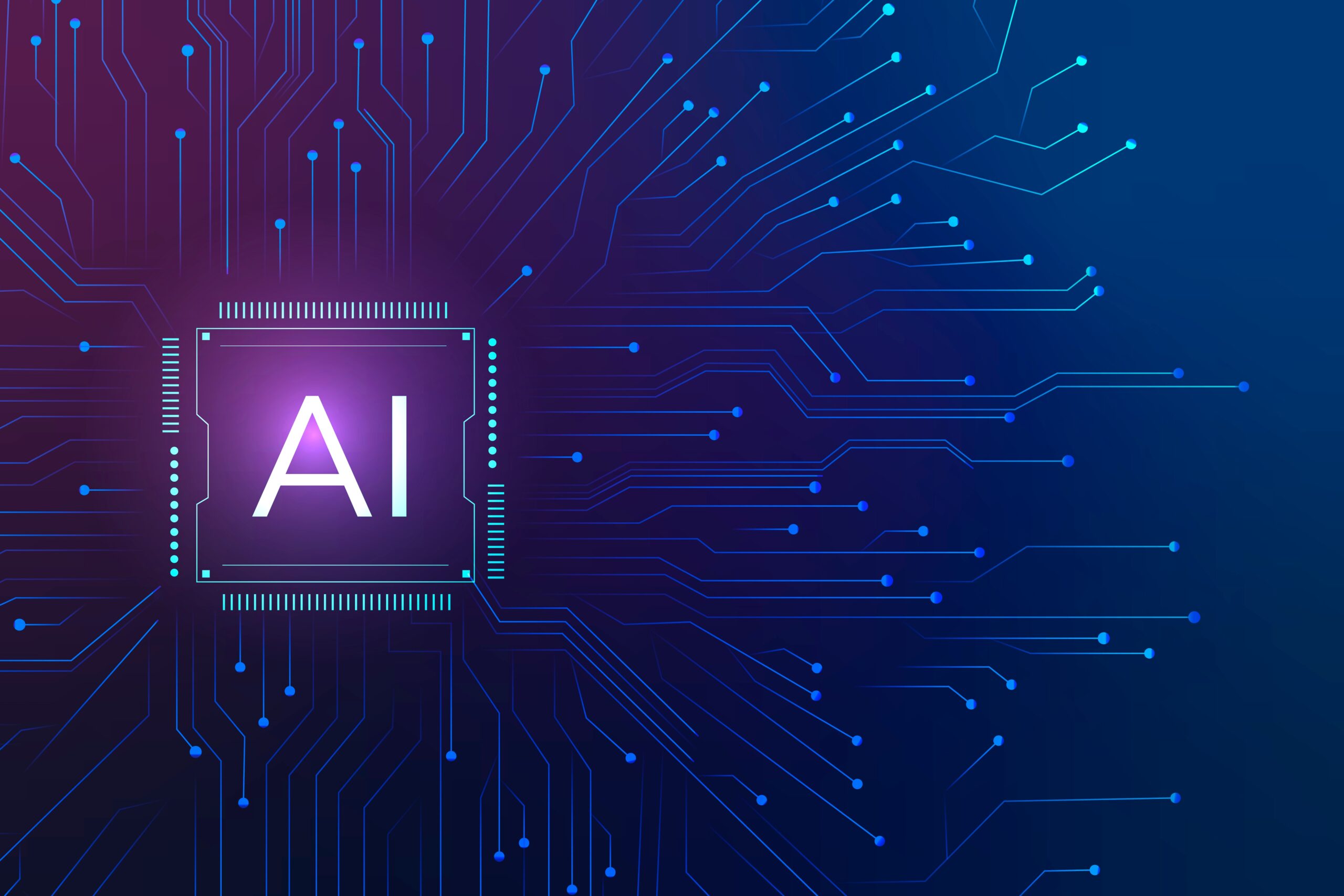Artificial Intelligence (AI) is no longer just a buzzword — it’s reshaping how we live, learn, work, and innovate. But what lies ahead? Will AI solve the world’s biggest problems or introduce new risks? Could it surpass human intelligence, or will it become our most powerful assistant?

At Digital Earning.in, we explore how technology is shaping the future. Let’s take a closer look at the possibilities, challenges, and opportunities of Artificial Intelligence in the years to come.
What is Artificial Intelligence?
Artificial Intelligence (AI) refers to machines and software systems that can simulate human intelligence. They can:
- Learn from data
- Make decisions
- Recognize patterns
- Understand language
Examples you already use:
- ChatGPT for conversation
- Tesla Autopilot for self-driving
- Netflix & Amazon recommendation systems
But this is just the beginning.
What Could the Future of AI Look Like?
1. Human-AI Integration
Imagine AI connected directly to your brain. That’s the vision behind Neuralink and other brain-machine interface projects. It could change how we communicate, learn, and even think.
2. AI in Healthcare
AI will enable earlier disease detection, robotic-assisted surgeries, and treatment plans tailored to individual genetic profiles. Healthcare could become faster, smarter, and more affordable.
3. AI in Education
AI tutors will deliver personalized learning experiences. From automated assessments to interactive virtual classrooms, education will become more engaging and efficient.
4. Smart Cities Powered by AI
Cities of the future will be run by AI:
- Smart traffic signals
- Automated energy grids
- Efficient waste management
All driven by real-time data.
5. Environmental Protection
AI will help us analyze climate data, develop renewable energy solutions, and optimize farming methods to fight climate change and global hunger.
Challenges in the Future of AI
With great power comes great responsibility. Some of the major concerns include:
- Job Displacement: AI could replace many repetitive or manual jobs.
- Digital Divide: Unequal access to AI technology could widen social and economic gaps.
- Privacy & Security: AI-driven surveillance and data misuse are growing concerns.
- Ethical Risks: Biased algorithms and deepfakes can cause real-world harm.
- Over-reliance: If we depend too much on machines, our own decision-making skills could weaken.
Artificial General Intelligence (AGI): The Next Step?
Today’s AI is narrow — focused on specific tasks. But Artificial General Intelligence (AGI) aims to replicate full human intelligence.
AGI could:
- Learn anything a human can
- Solve problems creatively
- Make autonomous decisions
While it holds promise, AGI also poses serious ethical, political, and safety concerns if not properly managed.
Why Humans Still Matter in an AI Future
Despite how intelligent machines may become, humans will always matter. Machines lack:
- True creativity
- Emotional intelligence
- Ethical reasoning
The future belongs to human-AI collaboration, not domination. We must use AI to amplify our strengths, not replace ourselves.
Conclusion
Artificial Intelligence is the engine of the next revolution — in medicine, education, industry, and even how we live our daily lives. The path forward is full of possibilities, but also important challenges. With the right approach, AI can become a tool for positive, inclusive change.
AI is not here to replace us — it’s here to unlock the best in us.
This blog is brought to you by Digital Earning.in — your trusted source for tech, innovation, and future-ready insights.




